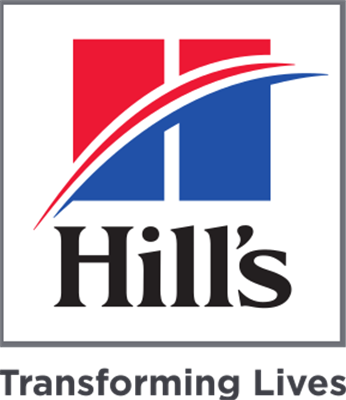Equine
Biosecurity Practices for Horse Owners
Friday, June 16, 2023
1:30 PM - 2:30 PM ET
Location: PCC 204A
CE: 1

Mallory Lehman, DVM, MS
Large Animal Medicine Resident-Equine Focus
UC Davis
Davis, California, United States
Primary Presenter(s)
Presentation Description / Summary: Equine veterinary medicine commonly encounters infectious disease, which can be inherently frustrating and time consuming for owners, trainers, barn managers and veterinary professionals. Many outbreak situations involve horses that are clinically stable, and may not necessarily require hospitalization for the initial disease or recovery period, therefore biosecurity management on farm is key in outbreak control. An overview will be given of common infectious diseases encountered to include common respiratory and gastrointestinal diseases. Specific management considerations will be addressed such as quarantine, feeding, mucking, and logistical strategies for managing quarantine horses. Communication approaches will be discussed to include introducing the subject of biosecurity and managing expectations. This presentation is designed to cover the role of veterinary professionals in communicating and implementing biosecurity protocols on farm for infectious disease outbreaks.
Learner Outcomes: 1. Be able to describe and recognize common infectious diseases that require biosecurity considerations on farm. 2. Recognize and develop biosecurity strategies for different infectious disease considerations in different horse housing situations. 3. Develop communication strategies with horse owners, trainers and other professionals with regards to infectious disease control.
Learner Outcomes: 1. Be able to describe and recognize common infectious diseases that require biosecurity considerations on farm. 2. Recognize and develop biosecurity strategies for different infectious disease considerations in different horse housing situations. 3. Develop communication strategies with horse owners, trainers and other professionals with regards to infectious disease control.
Learning Objectives:
- Upon completion, participant will be able to recognize common agents of concern requiring biosecurity practices on the farm.
- Upon completion, participant will be able to describe common routes on the farm that diseases can be spread.
- Upon completeion, participant will be able to list animal housing logistics, personal protective equipment, and habits that barn personnel can develop to limit disease spread on the farm.


